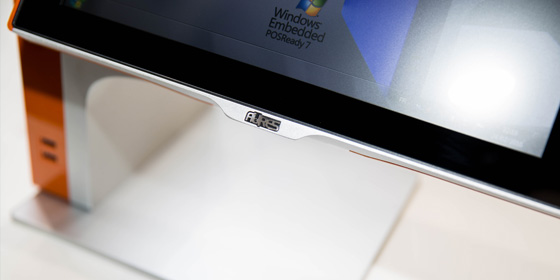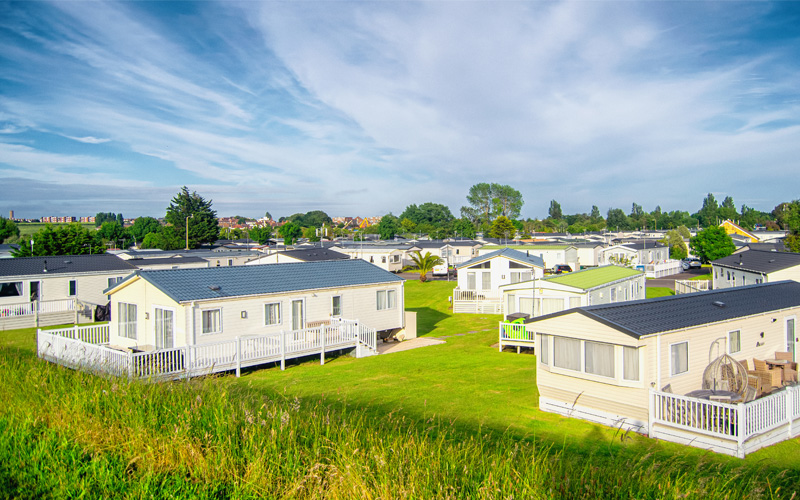Holiday parks are often like self-contained villages in miniature (or, in some cases, not so miniature).
Part of the appeal of taking a break at a holiday park is that you can find everything you need for a fun, relaxing holiday on site – cafes, restaurants and bars, shops to stock up on supplies, on-site entertainment and options for booking external attractions and excursions, and not forgetting the accommodation itself.
This makes a holiday park one of the most diverse types of commercial enterprise going, rolling hospitality, retail and leisure into one. This suits guests and operators just fine – visitors have plenty of choice to buy everything they need, while holiday park owners can generate income in lots of different ways.
But on the flipside of this, it also makes holiday parks pretty complex operations to run. Reception desks, food and drink outlets, retail concessions, booking offices for activities all need their own point of sale solutions. And guests get drawn into this web of complexity, too. On a busy holiday park in peak season, visitors can feel like they spend half their vacation queuing to pay for different goods and services.
That is why self-service kiosks are a great option for making life easier for holiday park operators and their guests alike.
Cutting queues, increasing choice
Kiosks are known to tap into a growing preference people have for doing things for themselves rather than having to wait for assistance, with reduced queuing times a big part of the appeal.
As much as anything, kiosks offer a multi-tasking solution that lets guests make all the different purchases they want to make on site in convenient, flexible ways. In addition, touchscreen kiosks double up as excellent information points which help to streamline service and empower visitors to find everything they need for their holiday without extra waiting around.
Here are some specific benefits kiosks can bring to a holiday park:
- 24 Hour Check-In/Check-Out: With self-service check-in and check-out via kiosks, there is no need for operators to worry about staffing the reception desk around the clock – or restricting guests to fixed arrival and departure times when reception is open. Kiosks can be paired with digital security boxes to dispense keys on arrival, with guests provided with a code for their box once they input their reservation details.
- Cashless Payments: All AURES kiosks come with integrated contactless payment readers. But kiosks can also support cashless payments in another way. When guests check in, they can be given the option of setting up a tab linked to their debit or credit card to cover purchases at on-site bars, restaurants, shops and so on. This is convenient for the customer, stopping those situations where, say, a family is sat by the pool and decide they want a snack but have left their wallet in their accommodation. Limiting the amount of cash taken on site also helps to bolster security for operators.
- Wayfinding and general information: Some holiday parks are very large indeed, and guests can have a tough time finding their way around in the first few days. Self-service kiosks can double up as digital maps dotted around the site, and can also be used to provide general information on things like entertainment and activity timetables, external excursions and so on. They can even be used to allow guests to reserve tables in the restaurant or order food in advance without having to walk all the way to the main hub.
- Event Booking: It seems one of the holiday park leaders has already seen the benefit of using the self-service kiosks using them to allow guests to book their activities for the week/weekend if they haven’t already. The system allows the guest to search for the activities, see what time and dates are available and book them there and then. The benefit of this solutions means less guests are stood at the main customer desk asking the operator what is available and when.
All in all, kiosks greatly extend the footprint of how and where holiday park guests can perform a wide range of activities, from checking in to making purchases to finding useful information during their stay. By adding the extra choice and convenience kiosks offer, operators can benefit from streamlining the many different types of service they provide on site, which should ultimately result in more sales and happier customers.




